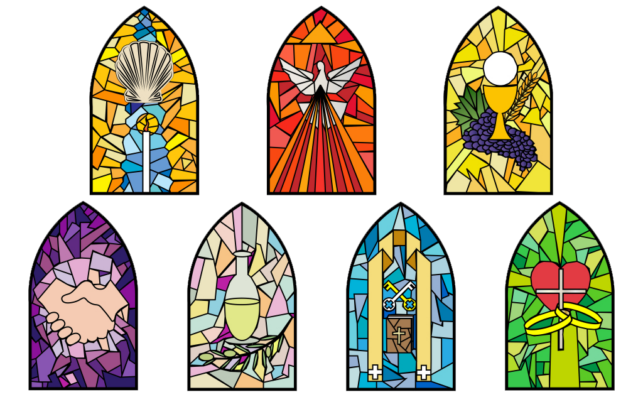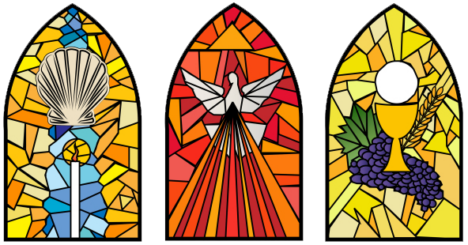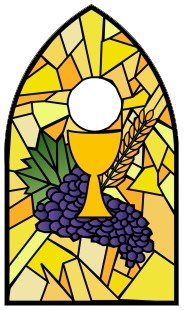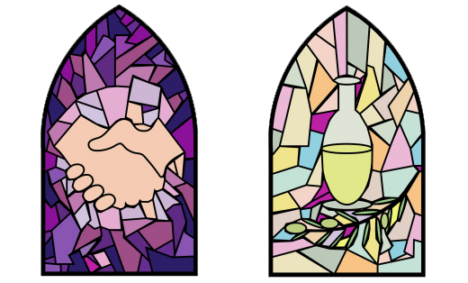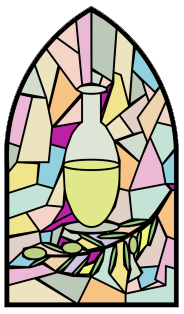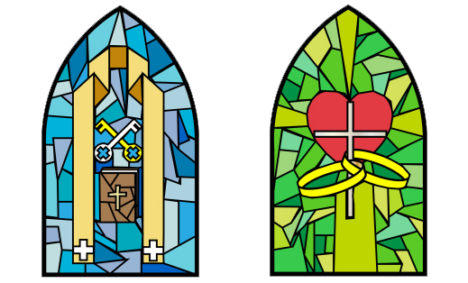Through the sacraments of Christian initiation, we receive the new life of Christ. Now we carry this life ‘in earthen vessels,’ and it remains ‘hidden with Christ in God.’ We are still in our ‘earthly tent,’ subject to suffering, illness, and death. This new life as a child of God can be weakened and even lost by sin. The Lord Jesus Christ, physician of our souls and bodies, who forgave the sins of the paralytic and restored him to bodily health, has willed that his Church continue, in the power of the Holy Spirit, his work of healing and salvation, even among her own members. This is the purpose of the two sacraments of healing: the sacrament of Penance and the sacrament of Anointing of the Sick.
